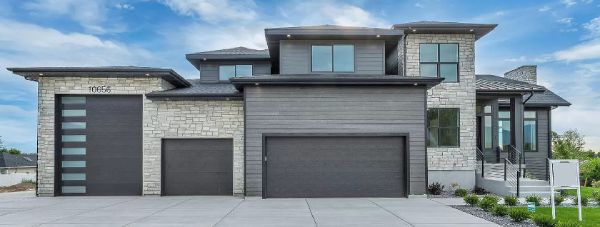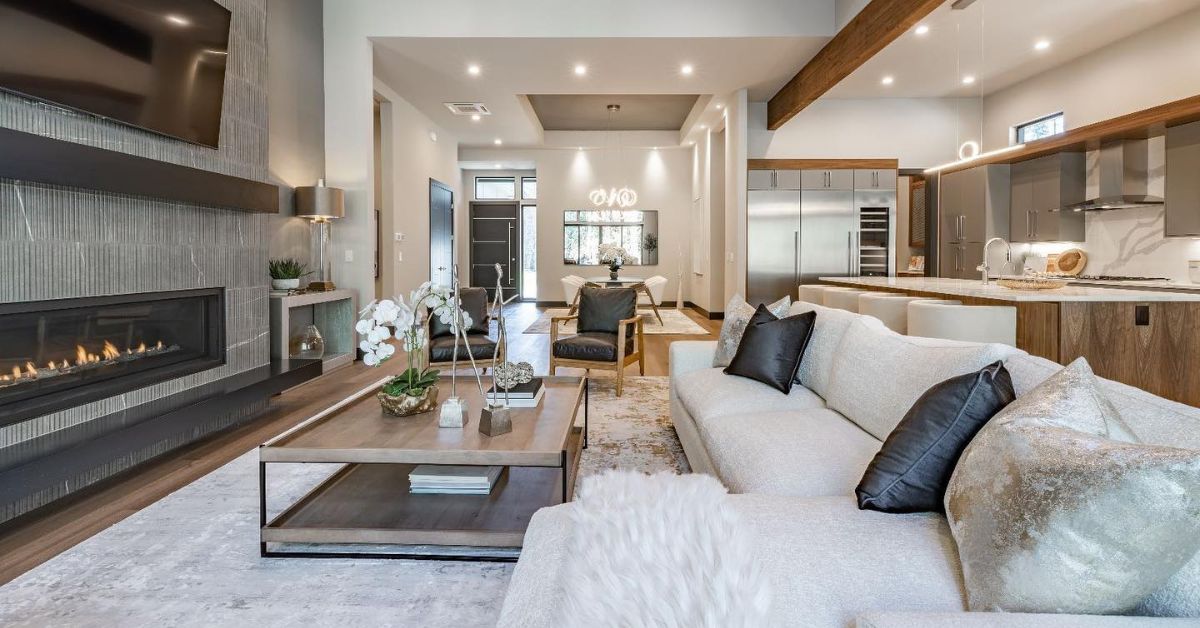Embarking on a kitchen renovation journey is an exciting endeavor, promising a fresh look and enhanced functionality to one of the most essential spaces in your home. However, amidst the anticipation, one burning question often looms: How long does a kitchen renovation take?
In this comprehensive guide, we delve into the intricacies of kitchen remodeling timelines, exploring the factors that influence duration and offering invaluable insights to help you navigate this transformative process.
Complete Kitchen Renovation Timeline
Phase 1: Planning and Design
The planning and design phase is crucial as it sets the foundation for the entire project. This phase involves gathering inspiration, creating a budget, and working with a kitchen designer to create a comprehensive plan. During this phase, decisions will be made regarding the kitchen’s layout, materials, appliances, and overall design.
Phase 2: Demolition and Removal
Once the planning and design phase is complete, the next step is to remove any existing kitchen fixtures or structures. This may include tearing down walls, cabinets, and appliances. Demolition and removal can be messy, so it’s important to have a plan in place for waste disposal.
Phase 3: Structural Changes and Plumbing Work
If any structural changes are required, such as moving walls or windows, they will be implemented during this phase. Additionally, any necessary plumbing work will be carried out during this phase. This may involve rerouting pipes, installing new plumbing fixtures, or updating the water supply lines.
Phase 4: Electrical and Lighting Installation
Once the structural changes and plumbing work are completed, the focus shifts to the electrical and lighting aspects of the renovation. This includes installing new electrical outlets, wiring for appliances, and lighting fixtures. Working with a licensed electrician is vital to ensure safety and compliance with building codes.
Phase 5: Cabinetry, Countertops, and Appliances
With the infrastructure in place, it’s time to start installing the critical elements of the kitchen, such as cabinetry, countertops, and appliances. This phase requires careful coordination to ensure that all the components fit together seamlessly. Depending on the complexity of the design and the availability of materials, this phase may take some time to complete.
Phase 6: Painting and Finishing Touches
The final phase of the kitchen renovation involves painting the walls, adding finishing touches, and ensuring everything is in its proper place. This includes installing backsplashes, adding decorative elements, and making necessary adjustments. The goal is to create a cohesive and aesthetically pleasing finish that reflects your personal style.
Factors Affecting the Duration of a Kitchen Renovation
Size and Scope of the Renovation Project
The size and scope of the renovation project will directly impact the duration. A small kitchen with minimal changes may take less time than a larger one with extensive structural changes and customizations.
Availability of Materials and Suppliers
The availability of materials and suppliers can also significantly affect the duration of a kitchen renovation. Delays in obtaining specific materials or a high demand for certain products can prolong the overall timeline.
Number of Contractor and Subcontractor Availability
The availability of contractors and subcontractors can affect the speed of the renovation. If a limited number of professionals are available to work on the project, it may take longer to complete the renovation.
Unforeseen Issues or Obstacles
During renovation, unexpected issues or obstacles may arise, such as hidden structural problems or plumbing complications. Dealing with these unforeseen challenges can add time to the project, as they need to be resolved before proceeding.
Client Decision-Making Process
The client’s decision-making process can also impact the duration of the renovation. Delays in making choices regarding materials, finishes, or design elements can slow down the project’s progress.
Common Delays and How to Avoid Them
Despite careful planning, some common delays can occur during a kitchen renovation. Here are a few examples:
1. Delays in material delivery: To avoid this, it’s essential to order materials well in advance and work with reputable suppliers with a track record of timely delivery.
2. Contractor availability: Before starting the renovation, ensure that the contractor has a clear schedule and is committed to completing the project within the agreed-upon timeline.
3. Changes to the original plan: While some changes may be necessary, limiting them as much as possible is essential to avoid delaying the project. Take the time to consider design decisions carefully before the renovation begins.
Tips for Staying Organized During a Kitchen Renovation
Designate a Project Manager
Appointing a project manager, whether yourself or a professional, can help keep the renovation on track. The project manager will oversee the timeline, coordinate with contractors, and make decisions promptly.
Maintain a Detailed Budget
Maintaining a detailed budget is one way to stay organized during a kitchen renovation. Keep track of all the expenses and ensure that there is a contingency fund in case unexpected costs arise.
Establish Communication Channels
Clear and open communication is essential during a renovation. Establish a communication channel with the contractors and designers so everyone is informed about the progress, changes, and any concerns that may arise.
Keep a Checklist of Tasks
Creating a checklist of tasks to be completed can help you stay organized and ensure that nothing is overlooked. Cross off each task as it is finished, giving you a visual representation of the progress being made.





